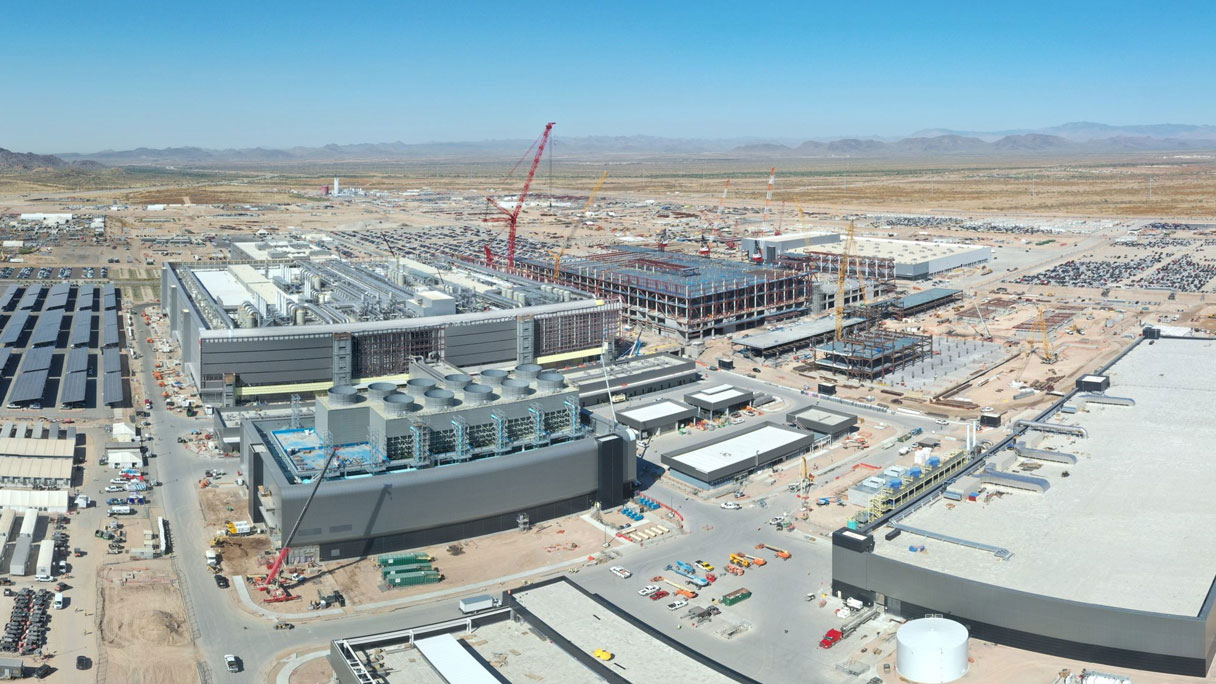
The U.S. House has passed a bill that frees certain fab projects from federal environmental permits, aiming to speed up the building of domestic chip factories, reports Bloomberg. This legislation, now awaiting President Joe Biden's approval, seeks to support a $400 billion investment in U.S. semiconductor manufacturing pledged by various chipmakers thanks to the U.S. CHIPS Act, while easing some of the regulatory delays associated with environmental reviews.
Some semiconductor industry leaders have been concerned that the environmental reviews required by the National Environmental Policy Act (NEPA) could delay the build-out of new fabs by months or even years. To address these concerns, the new bill outlines specific conditions under which semiconductor projects can bypass NEPA reviews. Projects that begin construction before the end of 2024, those financed through loans instead of grants, or those receiving less than 10% of their funding from CHIPS Act grants would qualify for an exemption. These measures aim to prevent lengthy delays that could stall key projects.
The first condition is something that most fabs will be able to satisfy, as companies like Intel and TSMC are already building new fabs in Arizona, and Ohio. As for others, they will be close to impossible to meet as chipmakers need money to build in the U.S. Also, some states have their own specific environmental laws. As a result, an exception to the new rules is Micron's upcoming fab in New York, where the company still needs to meet the permitting requirements outlined in the Clean Water Act and several state-level regulations.
Despite the support for this legislation, environmental groups have raised alarm over the potential impacts. They argue that allowing fabs to bypass environmental reviews could worsen pollution and harm efforts to curb emissions, especially since the semiconductor industry has a growing environmental footprint. This creates a conflict between the necessity to expand U.S. chip manufacturing, to reduce the dependence of American fabless chip companies on Taiwan, and to adhere to the country's climate goals.
The bill's journey through Congress has been contentious. After over a year of debate, the Senate initially passed a version of the exemption as part of a defense bill, but opposition in the House blocked its progress. Some lawmakers wanted bigger changes to permitting laws, rather than a targeted exclusion for the semiconductor industry alone. Ultimately, the House passed a standalone version, clearing the way for the legislation to reach the President's desk.







